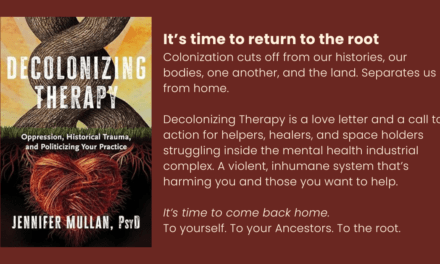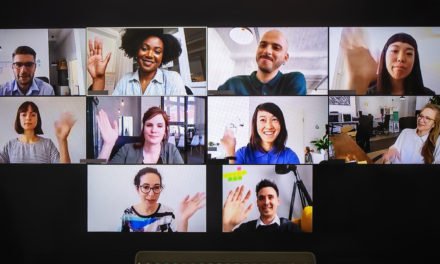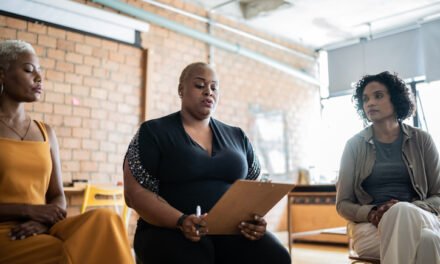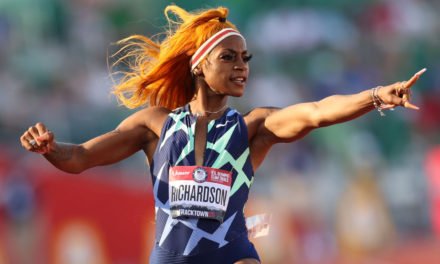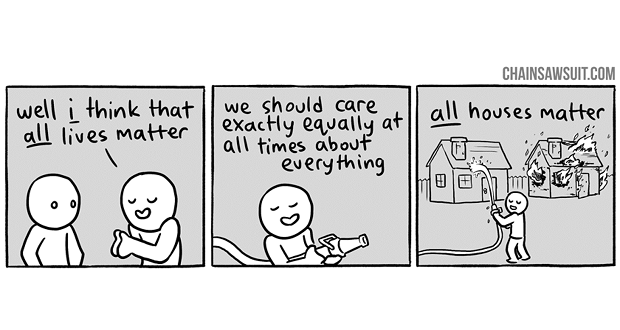
By now I’m sure you’ve heard of the hashtag, and movement, #BlackLivesMatter. The hashtag was initially started by a group of black activists after the Trayvon Martin case in 2012 and has since become a symbolic phrase that represents a movement to raise awareness about racial inequality–in all its forms–across the country. The phrase gained national attention several weeks ago when activists chanted “black lives matter” during a Democratic event where candidates had to cut their speeches short. Bill O’Reilly, called the group an anarchist movement that wants to tear down the country (to see the response from one of the co-founders of click here). And most recently, a Sandra Bland memorial in Canada was defaced with the opposing phrase, “all lives matter.”
In fact, these two phrases, “all lives” versus “black lives”, have come to represent the polarized ideologies around race that have long divided our country. On the one hand, it is hard to imagine how 3 simple words can cause so much controversy–even leading O’Reilly to call this an anarchist movement of the far left—it’s almost laughable. But on the other hand, these examples point to the power of our words. Although it is hard to take political pundits too seriously given their job is to promote extreme views to boost ratings, their views help to shape public opinion—unfortunately. I want to share in this post some examples that illustrate why our words matter—all of them.
I typically don’t post about popular culture, politics or issues of diversity on social media (my reasons why will have to wait for another post), so when I do, it is always a healthy wake up call to the folks in my networks who have really different views from my own. I want to share a brief summary of three different people who recently replied to one of my “Black Lives Matter” posts with the rebuttal, “All Lives Matter.” Their backgrounds and reason for objecting come from different places and illustrate my point that our words matter.
[dropshadowbox align=”center” effect=”lifted-both” width=”450px” height=”” background_color=”#ffffff” border_width=”1″ border_color=”#dddddd” ]Person 1: A baby boomer, white female responded to my post in the aftermath of the Charleston shooting by posting,“ALL lives matter, regardless of our race, creed or religious beliefs. We need to have more love and compassion for one another and accepting of our differences. Hate and anger are not acceptable, nor should they be tolerated or seen as acceptable behavior. Our hearts are heavy for the loss of life yesterday and prayers for the families and friends and the church community of Charleston and beyond.”[/dropshadowbox]
[dropshadowbox align=”center” effect=”lifted-both” width=”450px” height=”” background_color=”#ffffff” border_width=”1″ border_color=”#dddddd” ]Person 2: A baby boomer, white male simply posted “All Lives Matter…it is not the color of our skin that matters but the condition of the individual’s heart. Every act of violence is a symptom of a heart problem.”[/dropshadowbox]
[dropshadowbox align=”center” effect=”lifted-both” width=”450px” height=”” background_color=”#ffffff” border_width=”1″ border_color=”#dddddd” ]Person 3: A baby boomer, white female posted (too long to quote at length) that all lives matter and defended her choice of this phrase by pointing out how no one (in her mind) raised awareness of soldiers who have died in war, and then expressed her sympathy for the victims of the Charleston shooting.[/dropshadowbox]
Several things strike me about these posts. One, I still cannot wrap my mind around why there is such a strong reaction to the phrase Black Lives Matter. Where does this come from? Politics aside, it seems like such a simple, basic, human, compassionate phrase—especially when posted after such tragic events. So why does it land on people so differently? For person 1, saying “All Lives” is coming from a place of wanting to celebrate equality and the humanity of all people—which is right and good. But no one is arguing against this. In fact, the reason for singling out Black Lives is because everyone’s humanity is not equally valued—we’re not there yet. For person 2, the phrase threatens his focus on our individuality and condition of the heart. He seems uncomfortable talking about people in terms of the groups they are a part of. But again, violence and inequality is not experienced at random to individuals—it is many times targeted to groups based on all kinds of diverse characteristics (in this case, black skin). The Charleston shooter didn’t go into the church to kill “all lives” or “hearts”–he went to kill black folks. Person 3 started posting a lot like person 1 and 2—the same discomfort with singling out targeted groups and in the name of equality and the humanity of all people. But as I probed further about her reaction to this phrase, her deeper objections became clear. She started with the language of equality and love for all people, but in just a few minutes (two posts later), she ended with a rant by saying things like “the blacks need to take a history class” and stop making everything about them. There was more, but I deleted them because they were so offensive.
So here’s my point, the reason responding with “all lives matter” matters is because by trying to say everything you end up saying nothing—or worse, you cover up everything. All three people use the phrase “All Lives”, but it comes from similar, but very different places. What’s troubling is there are well-intentioned people who use “All Lives” in an attempt to express sympathy. But those people are on the same side as the “the blacks need to take a history class” people who use it as well—the phrase unites them. In our work, we call this orientation around cultural competence Minimization—the tendency to overemphasize commonalities and similarities across cultures—or the universal humanity of all people. Again, this is all true. I don’t know anyone who argues with this—certainly not the Black Lives Matter folks. But look how much can creep in and under the phrase “All Lives.” It becomes a cover and distraction to the issue at hand. #BlackLivesMatter was created to do something—the word choice is provocative, productive, and disruptive. Saying “All Lives” is commonplace, bland, vague and blunts the work of advocacy. We need more words and phrases that cut deep and challenge the status quo—not that reinforce it. That is why all words matter.

